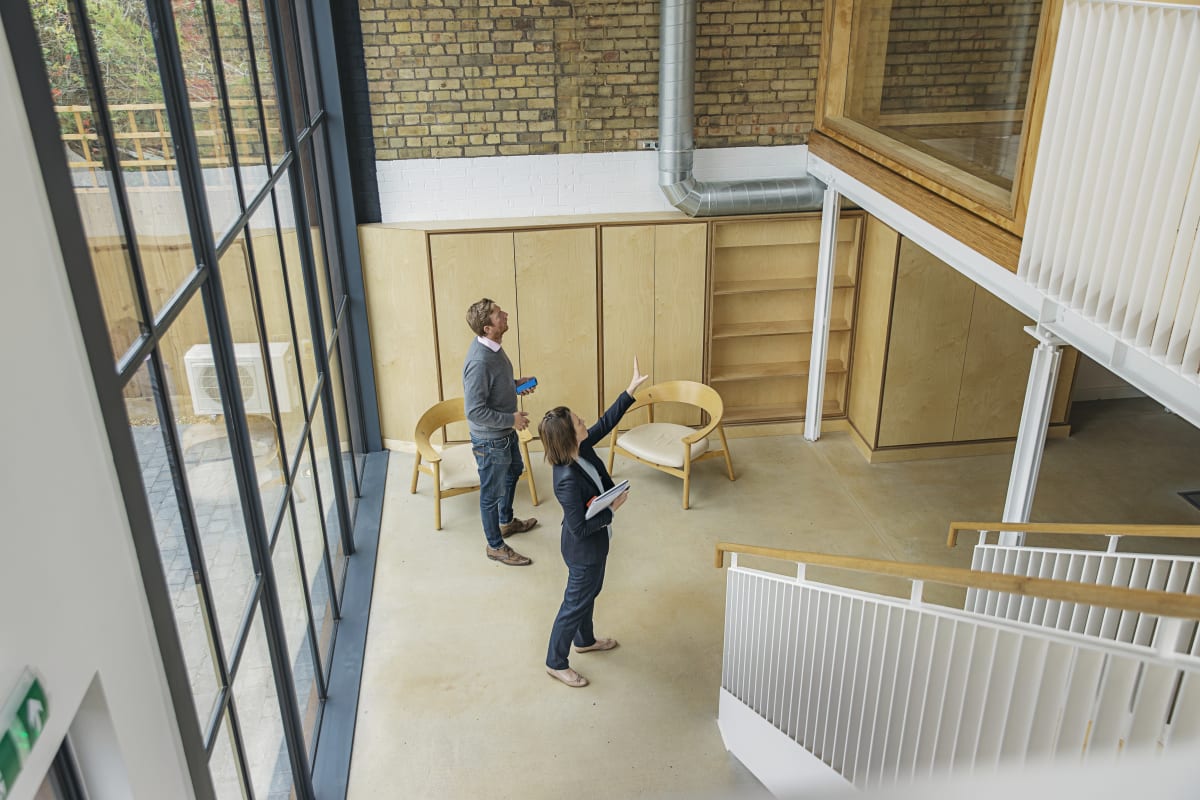The office space-provider aims to expand from 3,500 to 30,000 locations by using the franchise model
IWG CEO Mark Dixon sees his business like McDonald’s. Having unveiled an ambitious growth strategy last year, with plans to increase the number of IWG-branded global office space locations from 3,500 today to 30,000 in future, Dixon believes the answer to achieving expansion at such scale lies in the franchise business. “If we were doing it with our balance sheet and investing,” he told the Business Insider (BI) website, “it’s just going to take too long.”
The first steps towards this rapid growth have already been taken with the $446m (£340m) sale of IWG’s Japanese business to events-and-meetings company TKP, which will operate under licence and take a share of the revenue accordingly. A similar deal has also been completed in Switzerland, where a local company has bought into IWG’s business there for around $121.5m (£92.6m).
Like McDonald’s, IWG’s aim is to provide uniformity of service wherever it opens around the globe. This way, a large company that needs to maintain a presence in a number of territories can be sure of what to expect – and conduct business with the peace of mind that comes with being part of an internationally recognised brand. “One of our main competitive advantages is the world-class technology platform we offer our clients around the world,” says IWG’s Chief Information Officer Andre Sharpe. “With our growing number of large corporate customers and new franchise partners, this was the right time to invest in improving our services even further,” he adds.
As increasing numbers of companies look to the flexspace model for their office requirements, Dixon’s sights are firmly set on North America. And as the world’s leading workspace provider, IWG is able to offer large corporations flexibility at the scale they need. “Companies want it. It’s cheaper, it’s more flexible, it’s what their people want,” he told BI. Tasking the hassle out of maintaining a portfolio of global office-space locations is the key to attracting them, and big names like Microsoft and Nike have already taken advantage of it.
As franchise opportunities go, the flexspace model is one that can provide stability in times of economic uncertainty. Thanks to cloud computing, sophisticated software and a global workforce that recognises the benefits of swapping the corporate HQ for a satellite office closer to home, the popularity of flexspace shows no signs of slowing – and companies that are wary of committing to long leases and inflexible terms are adopting it wholeheartedly. For Dixon, it all comes down to what can be achieved on a local level: “In order to achieve the goal of national coverage – every town, city and suburb – it has to be done with partners,” he says. “For us, those partners are franchise partners, building-owner partners and investor partners.”






